Provided to YouTube by Ingrooves
Too Blue · Chet Baker · Jack Sheldon
Too Blue
℗ 2024 Jazz Detective
Released on: 2024-03-22
Composer, Writer: Jack Sheldon
Auto-generated by YouTube.
Explosions echoed over an Iranian city on Friday in what sources said was an Israeli attack, but Tehran played down the incident and indicated it had no plans for retaliation - a response that appeared gauged towards averting region-wide war.
#israelhamaswar #gaza #wionlive
About Channel:
WION The World is One News examines global issues with in-depth analysis. We provide much more than the news of the day. Our aim is to empower people to explore their world. With our Global headquarters in New Delhi, we bring you news on the hour, by the hour. We deliver information that is not biased. We are journalists who are neutral to the core and non-partisan when it comes to world politics. People are tired of biased reportage and we stand for a globalized united world. So for us, the World is truly One.
Please keep discussions on this channel clean and respectful and refrain from using racist or sexist slurs and personal insults.
Subscribe to our channel at https://goo.gl/JfY3NI
Check out our website: http://www.wionews.com
Join our WhatsApp Channel: https://bit.ly/455YOQ0
Connect with us on our social media handles:
Facebook: https://www.facebook.com/WIONews
Twitter: https://twitter.com/WIONews
Follow us on Google News for the latest updates
Zee News:- https://bit.ly/2Ac5G60
Zee Business:- https://bit.ly/36vI2xa
DNA India:- https://bit.ly/2ZDuLRY
WION: https://bit.ly/3gnDb5J
Zee News Apps: https://bit.ly/ZeeNewsApps
Chet Baker Photo: K. Abe/CTSIMAGES
Chet Baker and Jack Sheldon didn’t have much in common. The two trumpeters and occasional singers, who are heard together on the recently discovered, newly released “In Perfect Harmony: The Lost Album” (Jazz Detective, out now), both emerged from the West Coast jazz scene of the early 1950s, but that’s where the similarity ends. Baker has come to be seen as the ultimate moody loner, the original jazzman without a country, wandering across the globe in an endless tour of one-nighters, generally staying one step ahead of drug-enforcement police. Sheldon became a mainstay in studio orchestras, playing on “The Merv Griffin Show,” singing on “Schoolhouse Rock!” and rarely leaving the West Coast. Baker’s singing was quiet, reserved and understated in a way that many found irresistibly erotic, whereas Sheldon was a figure of fun, full of irrepressible humor and wisecracks galore—he even made an album of standup comedy. Baker was unrepentantly self-destructive, leading to his death in 1988 under mysterious circumstances at age 58, while Sheldon had a long, productive life and died at age 88.
‘In Perfect Harmony: The Lost Album’ is out now.
And yet the two men were, in fact, close friends. Sheldon, who was two years younger, idolized Baker, though he was careful not to emulate the slightly older trumpeter’s lifestyle.
In the late 1960s and early ’70s, Baker was back in California, but not by choice: In 1966, he had been beaten and robbed, and his teeth were decimated to the point that he needed dentures and to relearn how to play the trumpet. Other than on a series of forgettable, pop-oriented albums, by the summer of 1972 he had barely played or recorded in years.
It was Sheldon’s idea that the two should do an album playing and singing together, as a means of easing Baker back into full-time performing. Sheldon approached the guitarist and producer Jack Marshall, who had opened a recording studio in Tustin, Calif. As Frank Marshall, the producer’s son, writes in the album notes, the two Jacks then assembled an excellent rhythm section with bassist Joe Mondragon (who is playing electric on at least a few tracks here), drummer Nick Ceroli, and Dave Frishberg, the Minnesota-born jazz piano giant who had only recently relocated from New York. To make Baker feel even more secure, Marshall himself also played on the date, giving the trumpeter something he virtually never had the luxury of working with, a full four-piece rhythm section. Sheldon and Marshall prepared 11 songs, totaling 35 minutes of music: seven songbook standards, one Sheldon original, two bossa novas, and a blues.
Copyright ©2024 Dow Jones & Company, Inc. All Rights Reserved. 87990cbe856818d5eddac44c7b1cdeb8
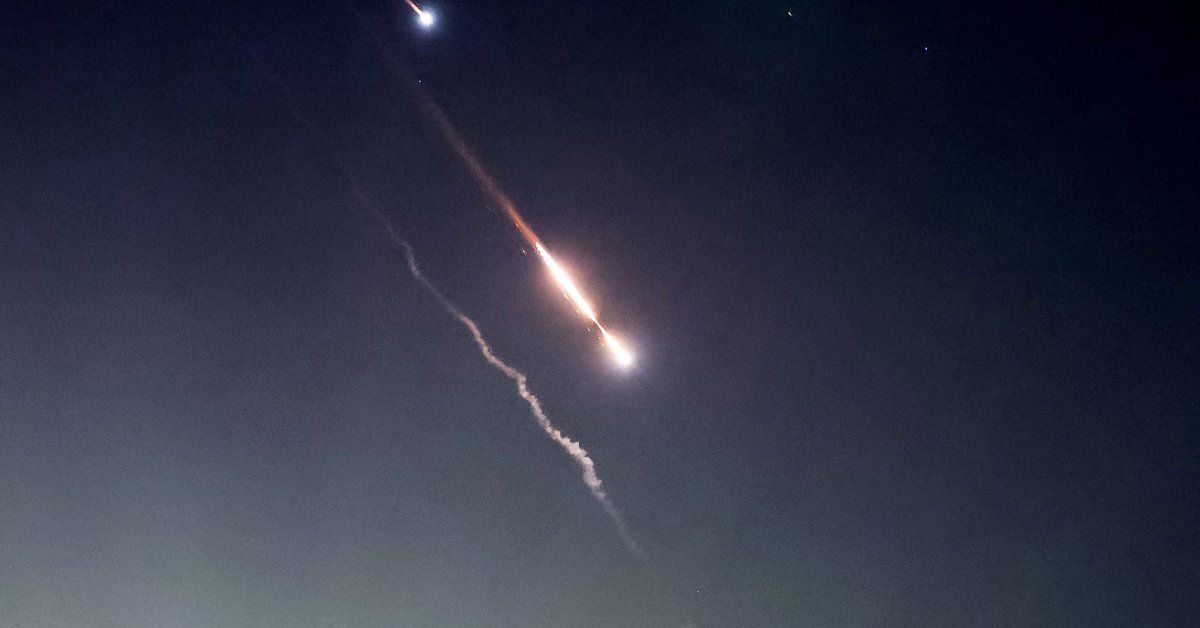
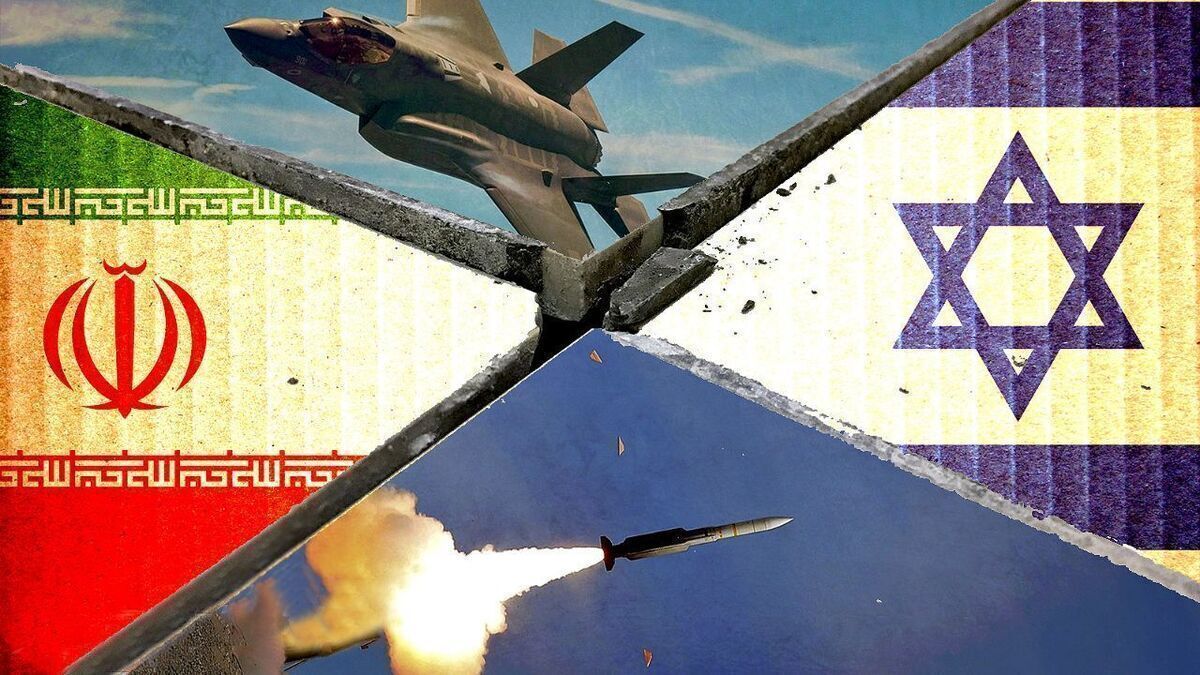
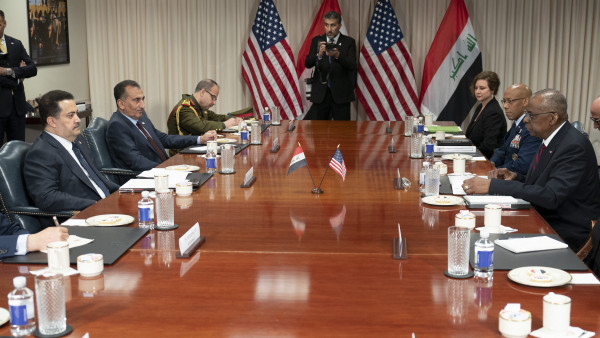


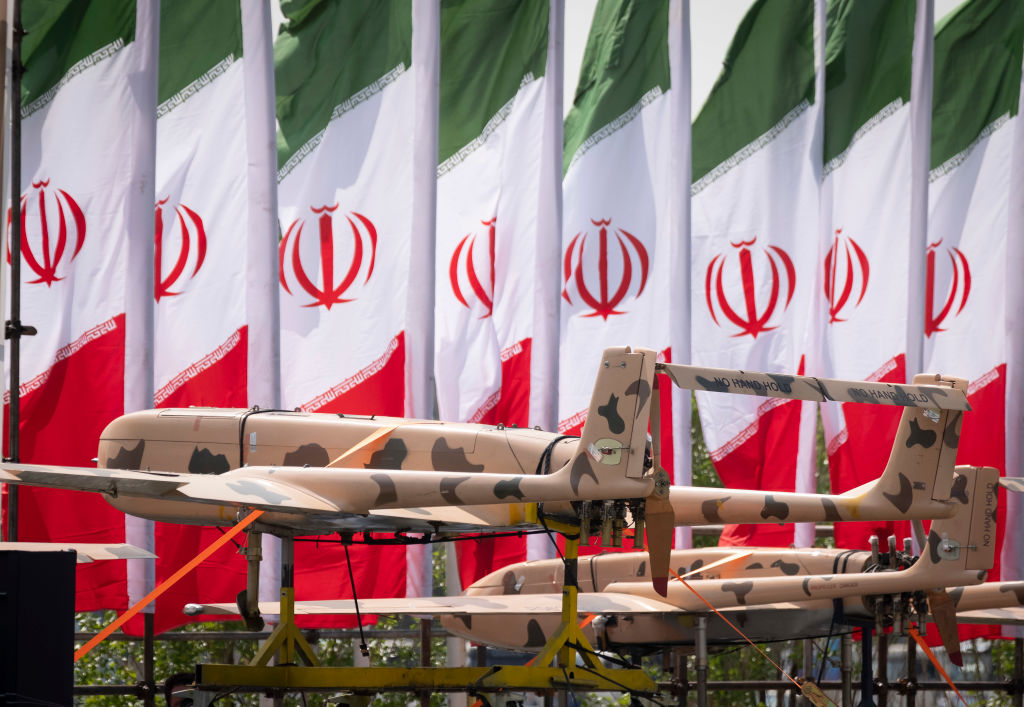
:quality(70)/cloudfront-us-east-1.images.arcpublishing.com/archetype/JPNRTKSSCNDONMBB7PPDYHLSUI.jpg)
One silver lining coming out of the Iranian attack on Israel during Saturday night and early Sunday was certainly the contribution made by the region’s nascent air and missile defense alliance in neutralizing the barrage of over 300 projectiles. While many details remain to be learned, it’s already clear that U.S. efforts to foster better cooperation between Israel and its Arab neighbors against the mounting threat of Iran’s missile arsenal paid significant dividends over the weekend.
Jordan’s role was particularly striking, especially given its bitter criticism of Israel’s military campaign in Gaza. Jordan not only used its own jets to intercept Iranian drones crossing its territory toward Israel, but it also allowed Israeli aircraft to do the same.
The role played by Israel’s other Arab neighbors is less clear. Jordan publicly defended its participation as legitimate self-defense of its sovereign territory. The other Arabs have been more circumspect, reluctant to be accused of helping defend Israel at a time when their publics are indignant over Palestinian suffering in Gaza.
Nevertheless, officials on background are already painting a picture of important collective action. Two days before the attack, Iran gave Saudi Arabia notice of its timing and scope so that the kingdom could safeguard its airspace. The Saudis quickly alerted the U.S., and thereby Israel, providing the Jewish state crucial early warning.
Given the high likelihood that much of Iran’s attack would have crossed Saudi territory, the Saudis could have allowed U.S. jets to conduct interceptions over the kingdom — though they deny it. Whether the Saudis, like the Jordanians, had their own Air Force shooting down drones headed toward Israel remains unclear.
Finally, and crucially, the Saudis and other U.S. partners in the Gulf and beyond almost certainly allowed their substantial national air defense data to be shared with Israel in real time. Vast amounts of information from each country’s missile defense radars as well as air-, land- and sea-based sensors would have been fed into U.S. Central Command’s Combined Air Operations Center in Qatar and merged into a comprehensive regional picture that Israel could access.
Given the Gulf states’ much closer geographic proximity to Iranian launch sites, this data would have helped the U.S. and Israel immeasurably in identifying the attack’s different vectors, tracking the various salvos at the earliest opportunity and coordinating interception efforts for maximum effectiveness.
All this represents a huge success for U.S. policy. It’s the product of years of tireless work to build trust and capacity among America’s Arab partners who more often than not viewed each other as rivals, not allies. Working bilaterally with Washington was one thing, but sharing sensitive national intelligence with neighbors who might use it to their own advantage was for years out of the question.
As for Israel, it wasn’t even part of the equation, given historical tensions over the Palestinian issue.
But several recent developments dramatically changed the dynamic. First and foremost was the escalating danger of the Iranian threat itself. Not only had Iran managed to amass the largest missile arsenal in the Middle East, but it had increasingly proliferated those capabilities to proxies that encircle the moderate Arab states.
Worse yet, starting with Yemen’s civil war and continuing with Iranian-backed attacks on Saudi oil facilities in 2019 and on the United Arab Emirates in 2022, these states had actually found themselves on the receiving end of potentially devastating aerial attacks that they could not address alone.
Two other factors also dramatically increased the region’s appetite for multinational cooperation. The first was the historic breakthrough of the Abraham Accords in 2020 that saw the UAE and Bahrain (with Saudi blessing and support) make peace with Israel, opening the way to more fulsome security cooperation. The fact that Israel possessed one of the most advanced and successful air defense networks on the planet was a major part of the attraction.
The second factor came just a year later with Israel’s incorporation into CENTCOM — the U.S. combatant command for the Middle East that includes Washington’s Arab partners. Together under the U.S. umbrella for the first time, the Israeli and Arab militaries were able to work together on a systematic basis to build professional relationships and trust. Ever since, CENTCOM has convened regular meetings of regional defense chiefs, air commanders and military planners to identify contingencies; develop joint doctrines and procedures; and conduct frequent conferences, simulations and exercises.
Though in its early stages and with much still to be done to realize its full potential, the Middle East’s emerging air defense alliance got its first major stress test on April 13 and appears to have passed with flying colors. It’s a testament to the indispensable role of U.S. diplomatic and military leadership, and a powerful demonstration of how much America’s Arab friends have to gain from further deepening their cooperation with Israel under CENTCOM’s tutelage.
Building on last weekend’s success to further consolidate the emerging U.S.-Israel-Arab strategic alliance would itself be among the most powerful forms of retaliation to inflict on Iran for the recent attack.
John Hannah is a senior fellow at the Jewish Institute for National Security of America think tank and advocacy group. He previously served as national security adviser to U.S. Vice President Dick Cheney.

-----
Palmer Report readers: sign up for our free mailing list here
Even as Donald Trump spent Tuesday on criminal trial and once again dozing off in the courtroom, President Joe Biden spent the day holding a spirited campaign rally in Pennsylvania. Biden gave a rousing speech, and also managed to fire off this timely zinger:
.
President Biden: Just the other day a defeated-looking guy came up to me and asked if I could help. He was drowning in debt. I said I'm sorry, Donald, but I can't help you pic.twitter.com/VDPTV9ZtTs
— Biden-Harris HQ (@BidenHQ) April 16, 2024
.
At one point the crowd at President Biden’s rally began chanting “four more years!” Meanwhile Donald Trump is hoping the judge an jury don’t give him four years in prison.
-----
Palmer Report readers: sign up for our free mailing list here
-----
Palmer Report readers: sign up for our free mailing list here
The post President Biden perfectly zings a defeated Donald Trump appeared first on Palmer Report.
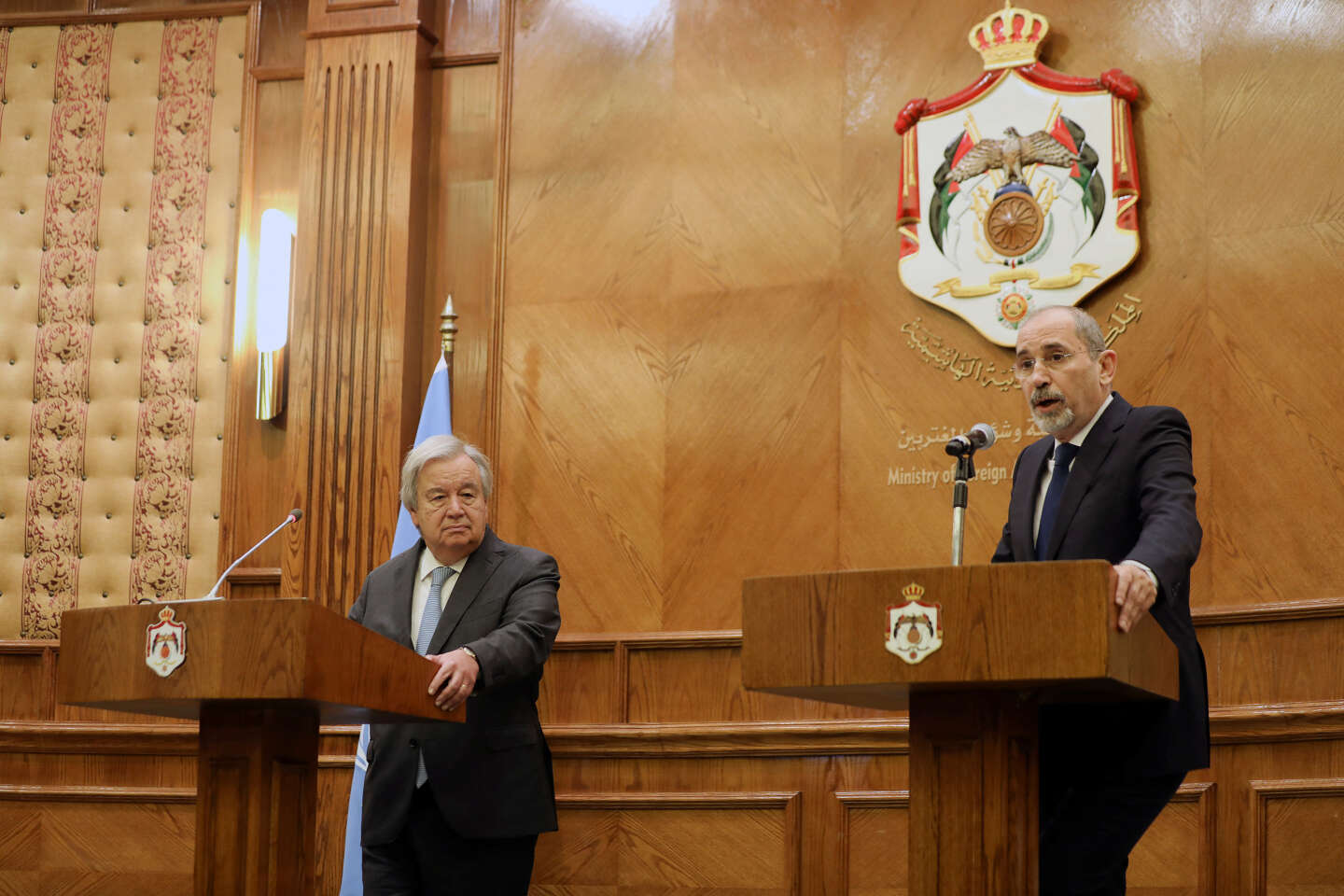
 image/jpeg
image/jpeg